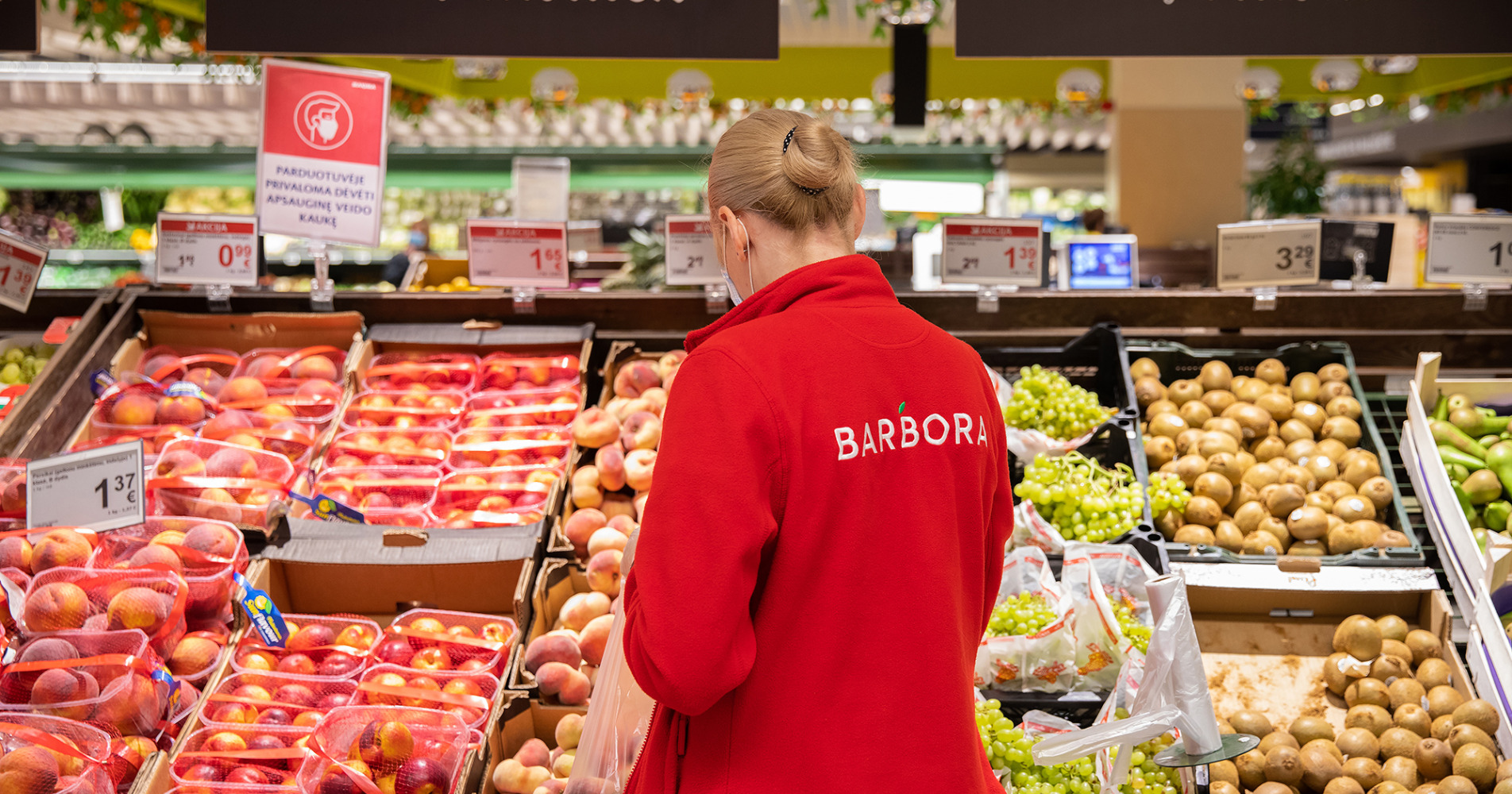News

MAXIMA GRUPĖ receives SBTi validation for its greenhouse gas emissions reduction target
As of 8 February 2024, MAXIMA GRUPĖ has been officially included on the SBTi list of companies, who have their greenhouse gas reduction targets validated, after the official approval dated 20December 2023. The approval of targets by the global body that is enabling companies to set ambitious goals in the climate change mitigation area in line with the most recent science signifies that through the rigorous validation process our company’s submitted targets comply with the set criteria and are in-line with the ambition levels, that are deemed necessary to achieve the Paris Agreement. The SBTi has classified our Scope 1 and 2 target ambition as in line with a 1.5oC trajectory, signifying an important milestone for a responsible business.
“The validation process is of great importance to ensure the credibility of our climate action, while the commitment itself sets a tone for accountability through regular monitoring, verification, and reporting frameworks. We have a clear destination of climate impact reduction till 2030 and the path that we have embarked on shall contribute to our resilience to transitional risks” – says Kiril Sanko, Head of Sustainability at MAXIMA GRUPĖ.
What targets have we committed to?
MAXIMA GRUPĖ committed to reduce absolute scope 1 and 2 GHG emissions 42.0% by 2030 from a 2021 base year. We also committed that 78.3% of our suppliers by emissions covering purchased goods and services, will have science-based targets by 2027.
For us sustainability is part of our business, and in business we always set targets that we consistently implement towards achieving purposeful transformation. We believe that targets without actions are deemed to become unattainable dreams, thus we are actively implementing solutions that assist us in our journey. We have agreed upon actions that we shall take in the short term to tackle our Scope 1 and 2 emissions through energy efficiency and smart energy management, transitioning to more climate-friendly refrigerants and deployment of renewable energy generation. After the first period of action is completed, we shall move to further implementation steps.
When it comes to our Scope 3 emissions, we have already established and allocated product-related emissions to every supplier who we work with. We see that a lot of major suppliers are the subjects of the Corporate Sustainability Reporting Directive and the forthcoming Corporate Sustainability Due Diligence Directive, thus the regulatory environment shall be pushing them towards setting greenhouse gas emissions reduction goals along with our efforts.
About the Science Based Targets initiative
The Science Based Targets initiative (SBTi) is a global body enabling businesses to set ambitious emissions reductions targets in line with the latest climate science. It is focused on accelerating companies across the world to halve emissions before 2030 and achieve net-zero emissions before 2050.
The initiative is a collaboration between CDP, the United Nations Global Compact, World Resources Institute (WRI) and the World Wide Fund for Nature (WWF) and one of the We Mean Business Coalition commitments. The SBTi defines and promotes best practice in science-based target setting, offers resources and guidance to reduce barriers to adoption, and independently assesses and approves companies’ targets.
According to the SBTi guidelines, greenhouse gases are assessed and reduced in three areas. Scope 1 greenhouse gas emissions arising from and associated with the direct activities of the enterprise, Scope 2 GHG emissions result from the production of electricity or heating consumed by the Group, and Scope 3 GHG emissions come from the value chain and are emitted while cultivating, producing, and transporting the goods.
Additional information
More details on our climate action plans and ambitions, including the performance and due processes shall become available with our corporate social responsibility report later this spring, and shall be updated on annual basis.
"Maxima Grupė" manages retail chains "Maxima" (in the Baltic countries), "Stokrotka" (in Poland), "T-Market" (in Bulgaria), and the online food store "Barbora," operating in the Baltic countries and Poland.
"Maxima Grupė" is part of the "Vilniaus prekyba" group of companies. Through its other subsidiary companies, "Vilniaus prekyba" controls investments in retail and pharmacy chains, as well as real estate development and rental service companies in the Baltic countries, Sweden, Poland, and Bulgaria.